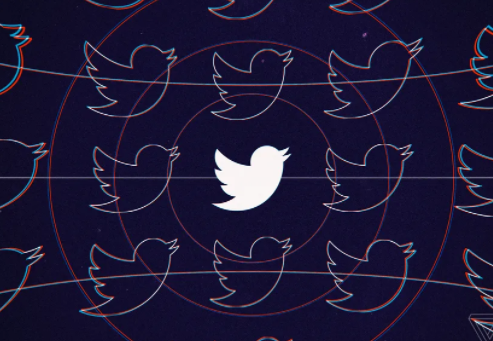Twitter and Google ban ads from a medical journal about health and racism
Twitter and Google ban ads from a medical journal about health and racism
The medical journal Health Affairs spent years planning its special issue on health and racism, which it published in early February. The magazine wanted to reach new readers by promoting the issue through targeted ads on Twitter and YouTube.
So it was very disappointing when Twitter and Google blocked their ads before they went up, says Patti Sweet, director of digital strategy at Health Affairs. The magazine's YouTube account was also suspended, which Sweet believes was a result of advertisements for the special issue. Sweet wrote a blog post last week outlining that disappointment, saying she felt her use of the word "racism" was a trigger for disapproval.
But Twitter and Google say the ad disapproval had nothing to do with the language around racism — rather, they were blocked because of advocacy and policies around COVID-19, respectively. The confusion highlights that health research sometimes doesn't fit neatly into the categories used by tech companies to flag potentially problematic content, thereby excluding credible information when certain keywords pop up. It becomes challenging for them to extract.
Health Affairs is a prestigious peer-reviewed journal widely read by people working in public health and public policy. The Journal's issue of Health and Racism, released last week, includes articles on the sexual and reproductive health of black women in the South, racial bias in electronic health records, disparities in health and police encounters, and the use of home health agencies. Sweet says it hopes to use commercials to attract new viewers to the particular issue.
Google blocked ads for the magazine because of the video on which the ads were supposed to discuss COVID-19, communications and public affairs manager Christa Muldoon told The Verge. Ads for content that mention COVID-19 must comply with the company's "sensitive incidents" policy, which blocks ads that "potentially profit from or exploit a sensitive incident."
Twitter said in a statement that the ads were blocked under a "cause-based" policy, which requires advertisers to be certified before publishing ads that "citizen engagement, educate the public regarding economic, Call for action to raise awareness and/or cause development, environmental management, or social equity." Twitter's cause-based advertising policy was implemented in November 2019 as part of its regulation of political ads, aimed at protecting the platform from co-opting bad actors and topics ranging from climate change to animal rights. was to be included.
Sweet says he is familiar with Twitter's policies, but would not have assumed that the journal's content would fall under a cause-based policy. “We are not advocating anything. We are just putting information out there,” she says.
According to screenshots shared with The Verge, Health Affairs received a notice for an ad removed by Twitter under its "inappropriate content" policy. The ad was similar to the one flagged under the cause-based policy and described how the particular issue focused on racism and health. Twitter spokeswoman Laura Packus said in an email to The Verge that any ad would have been rejected under the same-cause-based policy.
Sweet says she thinks tech companies' policies around ads are important, but they apply disproportionately to smaller groups like health matters. She wasn't able to easily reach out to anyone on Google or Twitter to resolve the issue as quickly as she would at a major media agency. As a result, they had trouble getting information from companies about why the ads were blocked. Sweet also doesn't think health matters fall into the kind of advocacy category that Twitter's policy, for example, is set up to target.
"We are not a political organization, but when a machine sees 'health policy,' they may assume politics," Sweet says. “And when they see us talking about racism and health, they might assume that we are politicians advocating for something. Therefore, the brand is oddly nowhere to be found. ,
Health Affairs this week received cause-based authentication for Twitter and plans to resubmit its ads. Sweet says that after submitting the appeal, the YouTube account is also back up. She's hoping that her team can now redirect the spotlight to research, rather than clash with tech companies.
"We haven't been able to share it with the world as much as we'd like," she says. "Instead, we're talking about Google and Twitter."







No comments